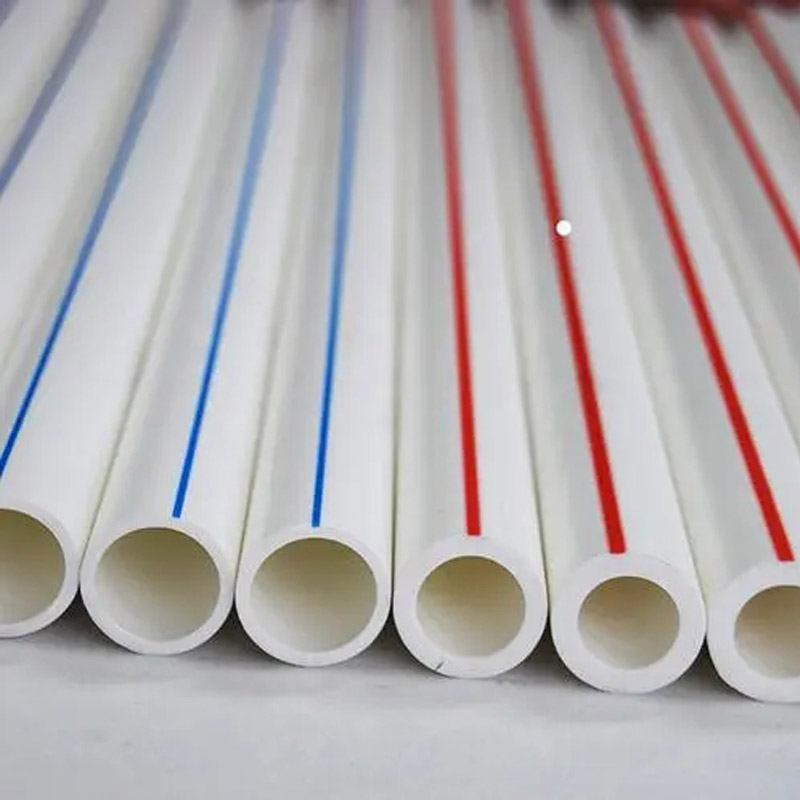Dec . 10, 2024 13:21 Back to list
hdpe pipe for water supply specifications service
HDPE Pipe for Water Supply Specifications and Services
High-Density Polyethylene (HDPE) pipes have become a vital component in the water supply industry, given their durability, flexibility, and resistance to various environmental factors. This article explores the key specifications and services associated with HDPE pipes used for water supply, highlighting their advantages and applications.
Specifications of HDPE Pipes
1. Material Properties HDPE is a thermoplastic polymer with high tensile strength and resistance to impact and chemicals. The material's properties allow it to withstand various temperatures and pressures, making it suitable for water supply applications. Typically, HDPE pipes are classified based on the density and molecular weight of the polyethylene used.
2. Pressure Ratings HDPE pipes are designed to handle a wide range of pressure applications. The pressure ratings, denoted as SDR (Standard Dimension Ratio), influence the pipe's wall thickness and its ability to resist internal pressure. Common pressure ratings for water supply pipes range from SDR 11 (higher pressure) to SDR 17 (lower pressure), ensuring adequate performance under various operational conditions.
3. Diameter and Length HDPE pipes come in a variety of diameters, generally ranging from 20 mm to over 1,500 mm (0.75 inches to 60 inches). Standard lengths for these pipes are typically 6 meters or 12 meters, although custom lengths can be manufactured based on project requirements. The variety in sizes allows for flexibility in design and installation.
4. Joining Methods The joining of HDPE pipes can be achieved through several methods, including butt fusion, electrofusion, and mechanical fittings. Butt fusion is the most common method, providing a leak-free connection that is as strong as the pipe itself. These joining techniques are crucial in ensuring a sustainable and robust water supply infrastructure.
5. Standard Compliance HDPE pipes for water supply must comply with industry standards, such as those set by the American Water Works Association (AWWA) and the International Organization for Standardization (ISO). Compliance ensures the pipes meet safety, quality, and performance criteria required for potable water systems.
Advantages of HDPE Pipes
hdpe pipe for water supply specifications service

- Corrosion and Chemical Resistance Unlike traditional materials such as steel or cast iron, HDPE pipes do not corrode or rust, which enhances their longevity and reduces maintenance costs. They can also withstand various chemicals, making them suitable for different applications in water distribution.
- Flexibility and Lightweight HDPE pipes are lightweight and flexible, contributing to easier handling and installation. Their flexibility allows them to be installed in areas with challenging terrains, reducing the need for extensive excavation and resulting in lower installation costs.
- Reduced Leakages The seamless nature of HDPE pipes and their effective joining methods result in a system that minimizes leakage, enhancing the efficiency of water supply systems. This characteristic plays a critical role in conservation efforts and reducing water loss.
Services Associated with HDPE Pipe Installation
1. Consultation and Design Services Engineering firms often provide consultation services to assist in designing a water supply system tailored to specific needs. This includes analyzing flow rates, pressure requirements, and compatibility with existing infrastructure.
2. Installation Services Professional installation services ensure that HDPE pipes are laid correctly according to industry best practices, ensuring optimal performance and longevity. Proper installation plays a pivotal role in preventing future operational issues.
3. Quality Assurance and Testing Many suppliers offer quality assurance and testing services to confirm the integrity and performance of HDPE pipes before and after installation. This can include pressure testing, leak detection, and compliance certifications.
4. Maintenance and Support Ongoing maintenance services ensure that the water supply systems operate smoothly throughout their lifecycle. Periodic inspections, repairs, and upgrades are essential to maintain system efficiency and reliability.
In conclusion, HDPE pipes represent a modern solution for water supply systems, combining durability and flexibility with competitive advantages over traditional materials. Understanding their specifications and the related services available is crucial for engineers, contractors, and municipalities aiming to implement an efficient and sustainable water supply infrastructure.
-
High-Quality PVC Borehole Pipes Durable & Versatile Pipe Solutions
NewsJul.08,2025
-
High-Quality PVC Perforated Pipes for Efficient Drainage Leading Manufacturers & Factories
NewsJul.08,2025
-
High-Quality PVC Borehole Pipes Durable Pipe Solutions by Leading Manufacturer
NewsJul.08,2025
-
High-Quality PVC Borehole Pipes Reliable PVC Pipe Manufacturer Solutions
NewsJul.07,2025
-
High-Quality UPVC Drain Pipes Durable HDPE & Drain Pipe Solutions
NewsJul.07,2025
-
High-Quality Conduit Pipes & HDPE Conduit Fittings Manufacturer Reliable Factory Supply
NewsJul.06,2025

